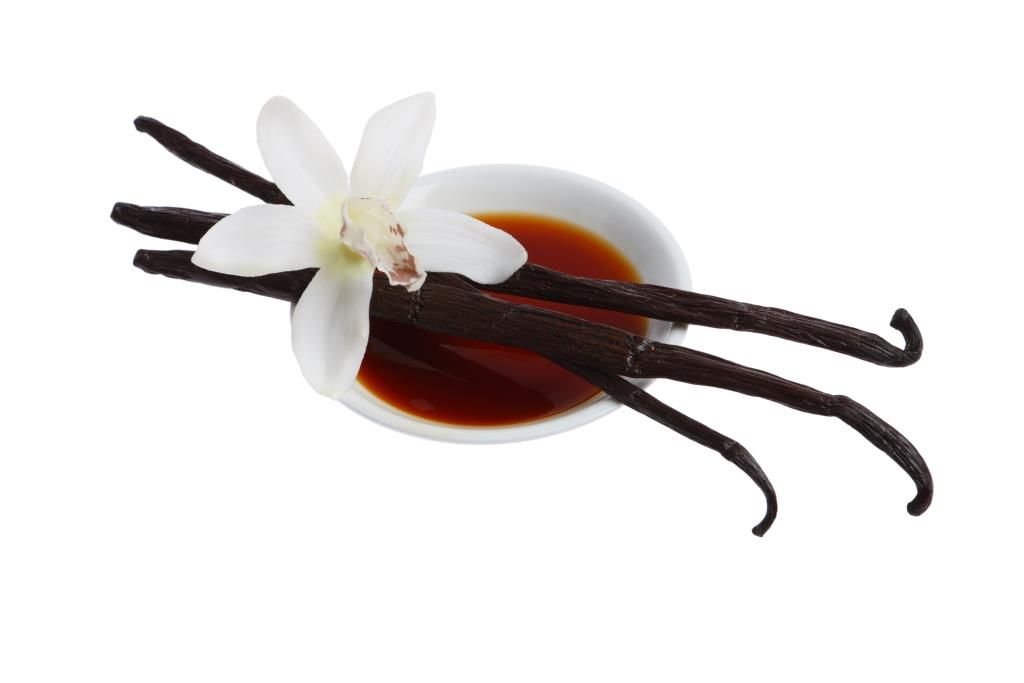Enzyme Ingredient May Help Alleviate Vanilla Shortage
Biocatalysts says its Depol 40L enzyme can more than double vanilla yields.
Image provided by Biocatalysts.

As vanilla prices continue to soar as a result of the shortage in Madagascar, the world’s biggest producer of vanilla beans, many food and beverage formulators are hunting for alternative ingredients. But for applications where only real vanilla will do the trick, an enzyme from Welsh manufacturer Biocatalysts (Nantgarw, U.K.) might help that limited vanilla supply go the extra mile.
Biocatalysts says its Depol 40L broad-spectrum, carbohydrase-containing enzyme can help produce more than double the vanilla yield with minimal waste, thereby producing more vanilla without increasing the supply. That’s potentially great news for companies formulating with vanilla, especially since it may be more than two years before Madagascar’s vanilla bean crop is likely to recover, notes Biocatalysts.
“Users of Depol 40L can expect a significant increase in yield (normally around 2–4 fold) and quality when compared to the natural curing process,” says Biocatalysts. “Due to the complex nature of the plant walls, a cocktail of enzymes is required to release the bound flavors and hydrolyze the precursor gluco-vanillin to vanillin.”
While vanilla prices sat around $20/kg five years, they have since risen to more than $200/kg, according to Biocatalysts, making it one of the most expensive raw materials to work with.
Read more:
Vanilla Alternatives Address Soaring-High Vanilla Prices
2016 Flavor Trends for Food and Beverage
Michael Crane
Associate Editor
Nutritional Outlook Magazine
michael.crane@ubm.com
Prinova acquires Aplinova to further increase its footprint in Latin America
April 7th 2025Prinova has recently announced the acquisition of Brazilian ingredients distributor Aplinova, which is a provider of specialty ingredients for a range of market segments that include food, beverage, supplements, and personal care.










